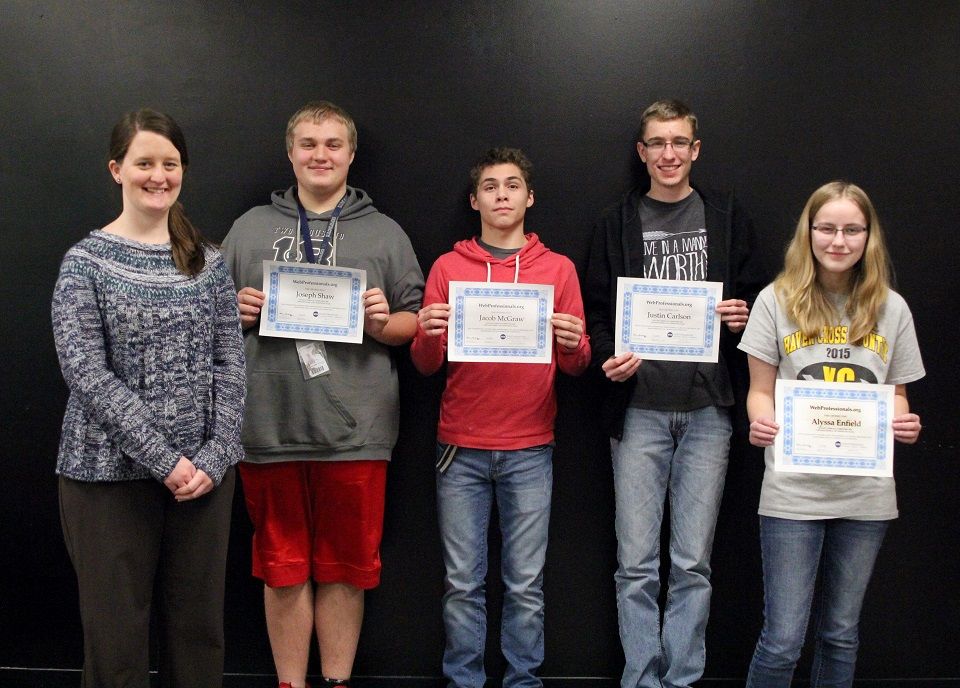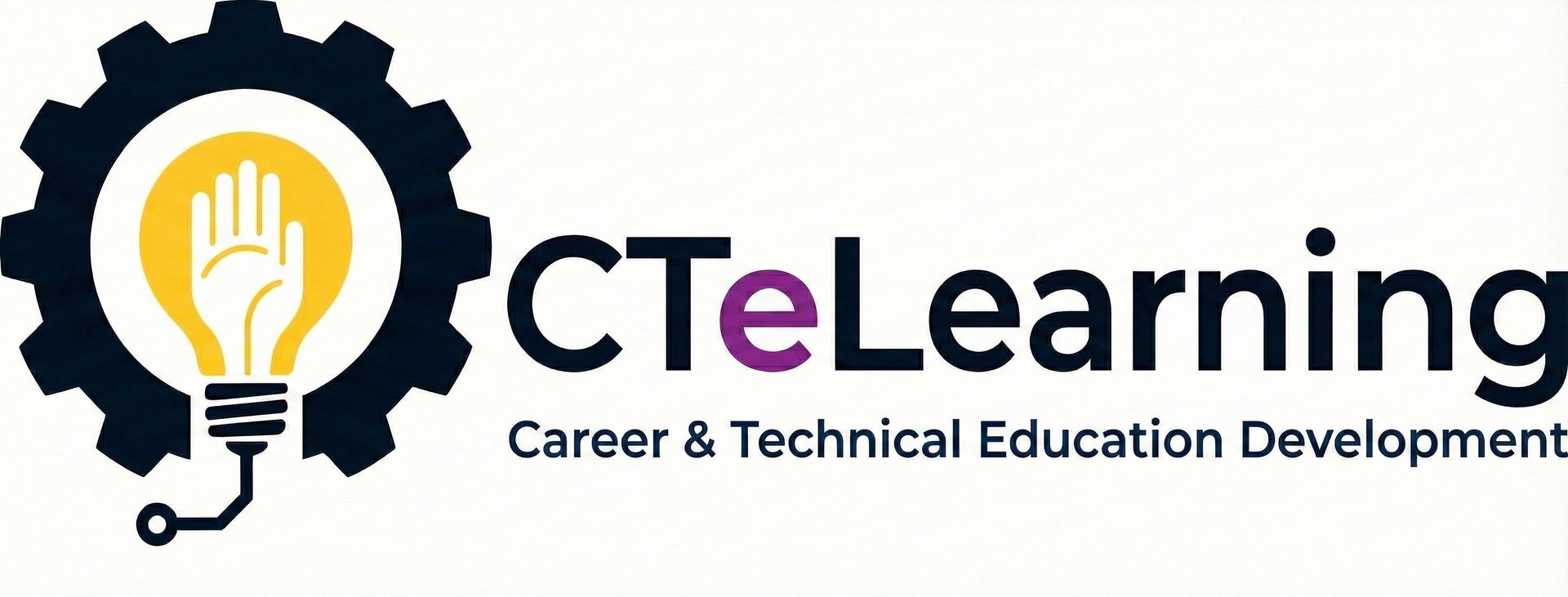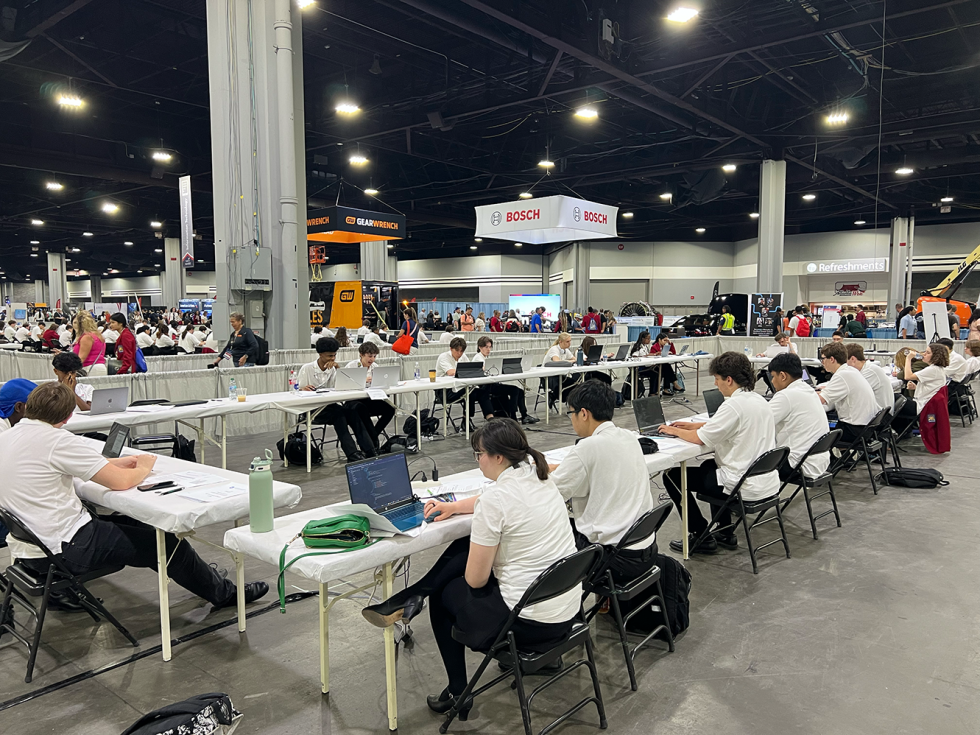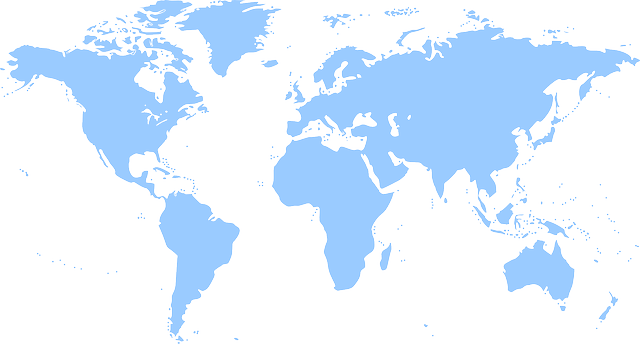Blog
We Look for the Best to Build Our Project-Based Learning
It is funny how a day can go and how it can tie into project-based learning. I had just sent off the last graphic for a research paper that is being done on one of our culturally responsive projects. The paper was not my idea (the project was), but the paper is being written by a group of academics much smarter than me with a large university. Anyway, I had just sent off this graphic when a request for a demo on our courses came in. I grabbed it before one of the other developers did (we share the demo responsibilities here) and did a Zoom meeting with the teacher.
As we went through the web animation course, the teacher saw some of the culturally responsive projects in the course. She is a business education teacher and said that her CTE department wanted to incorporate culturally responsive materials into the curriculum. This led to a long discussion where I was able to show how this was part of our web design course and that these courses also earned students industry-recognized certifications from the Web Professionals Organization.
After we ended the Zoom meeting and I was sending her course syllabuses, I realized that I have never talked about this topic. Our team knows this about us—it is just what we do. But we really just never talk about it. Why? Well, we never thought about doing anything else. We prepare students for the real world. The real world, including the world of work, is naturally culturally diverse.
Always looking for the best and brightest in project-based learning
If you are an entrepreneur (as I am), you look for the best and brightest to work with you. Most of the time, that means people who don’t always look like you. If you are building project-based learning curricula, with just a little extra thought, you can get students to engage modeling working in the real world—which means naturally engaging learners in projects with a diverse context.
Way back
In 2004 we created our first project-based learning courses, which weaved together career education with social and cultural responsibility. We did not know that what we were doing would become known as culturally responsive education. We simply thought it was our job to create a curriculum to engage all learners. To engage all, we would push every button we could because you never know which one will get the learner to commit.
To us, it has always been common sense to have learners be proud of who they are. Pride in themselves, coupled with our career learning, leads to students being positive about their futures. If we are going to prepare learners for the world of work, they need to learn to respect others for who they are and where they come from.
Planned and thoughtful
As curriculum developers—whether it is web game design, web design, web animation, mobile app development, or even horticulture and landscape design—we have found ways to make every course culturally and socially relevant. Our curriculum helps students be independent and critical thinkers who analyze facts over fiction.
We refuse to use our approach to help promote one culture over another. This is not about victimhood under oppression. This is about students enjoying their family history, learning to take who they are, and blending it with people who have different family histories. This is what the world needs. People come together, respecting each other. Each of us blending with others to do great work in the real world. We have always been stronger together.
We have always
We weave together social-cultural issues into projects that are part of the project-based learning experiences we create. We did not do this to support or pander to any ideology. We have always done this because we are preparing learners for careers in the real world. The real world is a blend of people and cultures who come together and make it all happen. We prepare learners for a global workplace with global competition. Learning to understand and respect people who may be different with different customs is integral to leading effectively in any career pathway.
As for our team here, we have team members from all backgrounds. If you are a development or a creative company, you benefit from tapping into a diverse group of minds and perspectives-especially when it comes to building curricula for project-based learning.
Examples of project-based learning
For example, in our web design course, we discuss culture and values when a designer is helping a client to create personas for their target audience or current customer base. To ignore a cultural aspect of your customer base will, inadvertently, turn off some of the audience you want to engage. In our Animation course, we look to culture, music, and colors to show the depth and breadth of society. In our Web Games, Apps, and Sites course we look to cultural holidays and traditions as a way to bridge communities and get conversations started of shared values cleverly packaged into the context of a cookie (pun intended). In our Landscape Design curriculum, we dealt with expressing culture in the living art that is landscape and tackled urban and social issues in the city park and Alzheimer’s courtyard projects. In our Remote Working Professional course, we introduce methods and processes to ensure all points of view are represented, heard, and understood.
A good day
I was excited this week when I demonstrated our Animation and Web Design courses to a teacher who understood what we are doing: we are modeling the diversity of the world of work. We are getting students to think about shared values without falling into any divisive ideological fugue. In a world that seems to be driving forward messages of division, we have continued to believe in a message of acceptance and unity. Our team has always been a blend of thought and ideas. Sometimes we simply agree to disagree, and that is okay. We do not all have to think alike to work together for a common cause and to serve others. Nobody is ever held hostage here. They are free to come and go. This is what we have successfully done since we started in 2003.
In these times I see so much division, but I am glad that here at CTeLearning, I see unity. My team has never agreed 100% on politics, economic issues, or even what to order for takeout (I am always alone with my hopes for Indian). But for a healthy company, that doesn’t matter as long as everybody gets our purpose. Our customers understand the value we try to provide each and every day and we always remain grateful for them. If you have purpose, gratitude, a sense of humor, and do random acts of kindness every day, you can weather anything.
Thanks for listening – Steve
Share To
Get in touch with us today!
You can book a demo directly using Calendly, call us directly at 913-764-4272 or 877-828-1216, or submit the form and we will reach out to you.
We look forward to helping you and your students.







